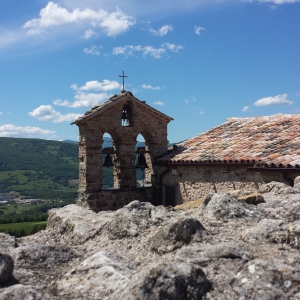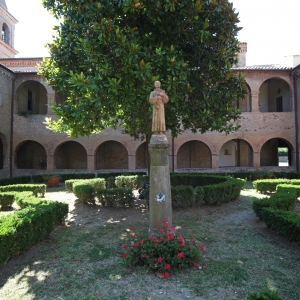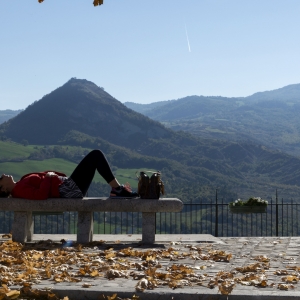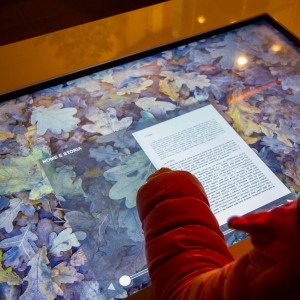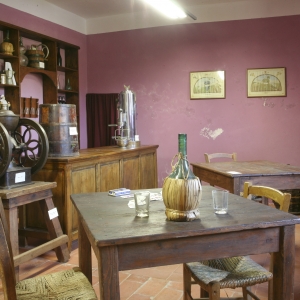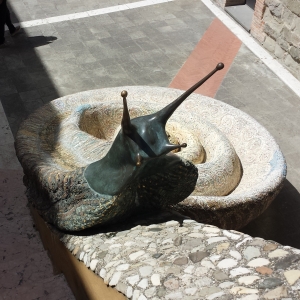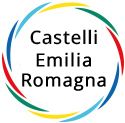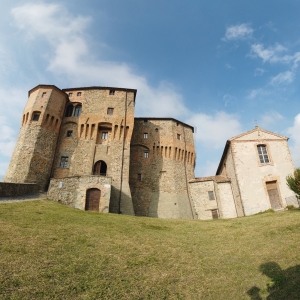Sant'Agata Feltria
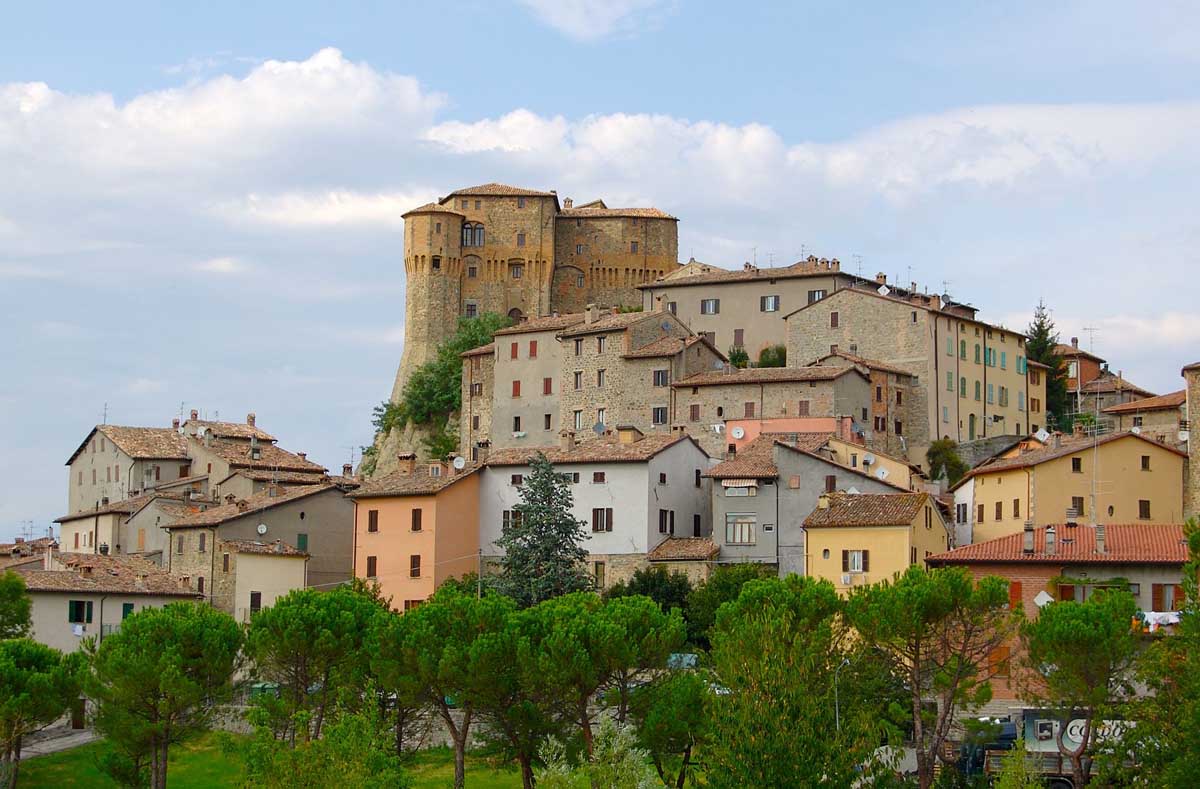
-
Destination
Romagna -
Province
Rimini -
Distance to the main town
44 km - Where it is
- Why visit it
- When to go and what to see
- Significant appointments
- In the surroundings
- Castles in the territory
- Monuments in the territory
- For more information
Where it is
This town is located between the valleys of the rivers Savio and Marecchia, on the hills of Montefeltro, near Rimini.
Why visit it
Legends and an idyllic setting - with a castle that looks like it came straight out of a fairytale - make this town one of the most characteristic in the Montefeltro area, thanks also to its wonderful cultural, natural, spiritual and gastronomic itineraries.
When to go and what to see
The origins of Sant’Agata Feltria date from the pre-Roman period when farmers, shepherds and hunters, possibly Solonates of central Italic origin, settled in this area, in particular in the forests of the Apennines.
Today Sant'Agata is a splendid ancient town, well preserved, with different buildings of notable historic value; it is best to visit this town from spring to autumn when the weather is nice.
Starting at the end of the 9th century, the village belonged to various feudal lords, including the Malatesta, Montefeltro and finally the Fregoso, who gave their name to the 10th-century fortress restored by Francesco di Giorgio Martini in 1474. Under the Fregoso, new buildings were constructed in the old town including the 17th-century Palazzone that houses the Angelo Mariani Theatre, one of the oldest in Italy and built entirely in wood.
Sant’Agata is steeped in spirituality with a high concentration of mystic places like sanctuaries and convents.
One such building is the “Collegiata of Sant'Agata” which originally dates back to the 10th century and the current state of this building dates back to Baroque restorations carried out in 1776. Another is the Church of Saint Francis of the Rose, linked to a visit of Saint Francis of Assisi; then there are the Church and convent of Saint Girolamo, built in 1560 by the Fregoso family, and the Church and convent of the Capuchins, founded in 1575 by Lucrezia Vitelli Fregoso.
And last but not least, the Church and convent of Poor Clares and the Sanctuary of the Madonna del Soccorso, built in 1520 along the old road going to Perticara and Rimini, in thanks for a victory against an invading army.
Significant appointments
Very well known is the National Fair of the Prized White Truffle which takes place very year in October on Sundays. Also, this town's Christmas markets are very interesting.
In the surroundings
There are several places of great historical importance nearby including Petrella Guidi (6 km), a fascinating fortified village, which is enchanting even when seen from a distance.
Monuments in the territory
